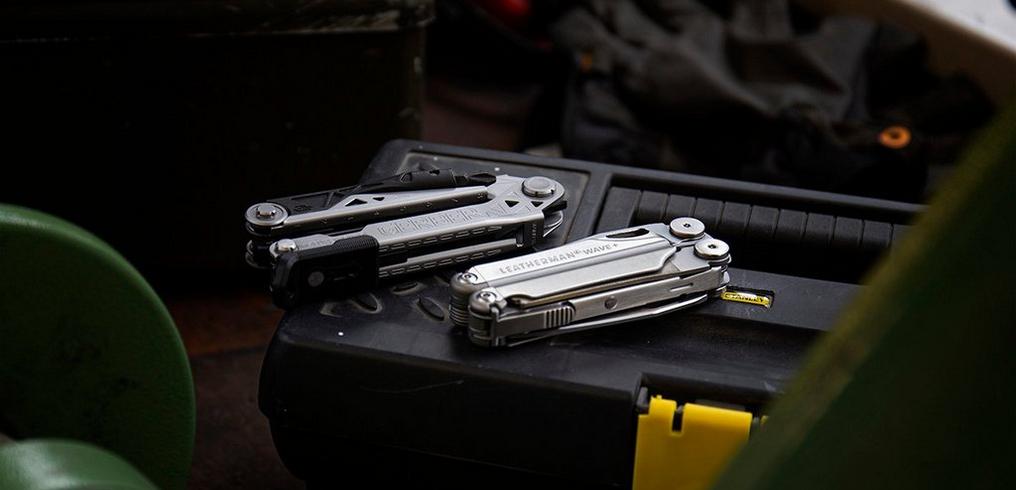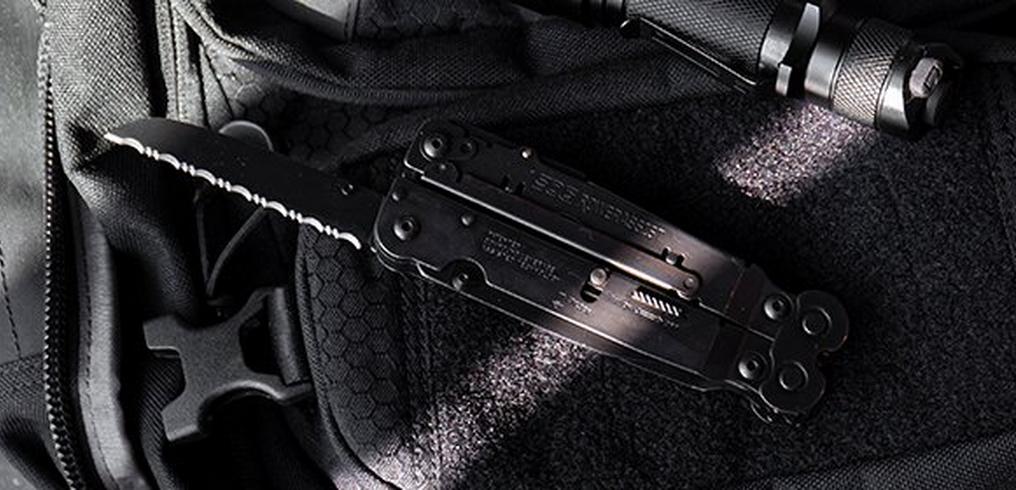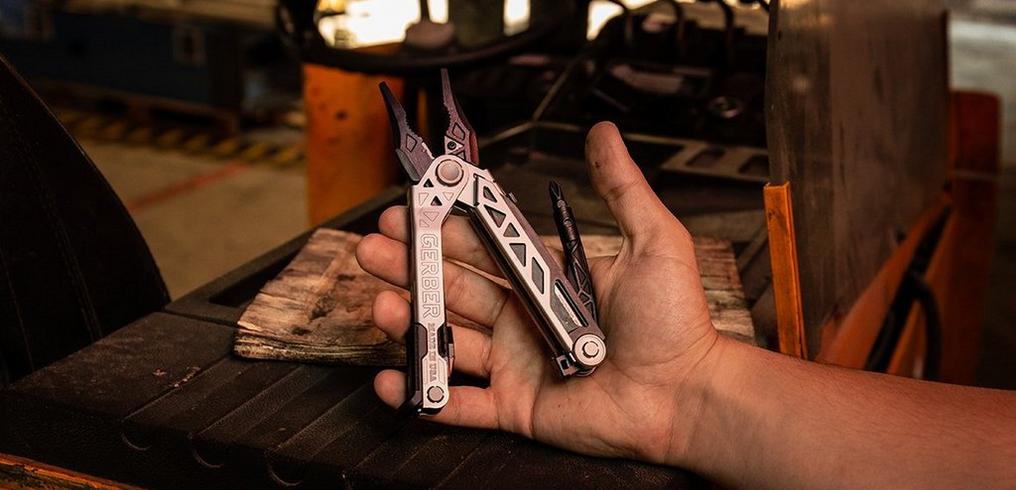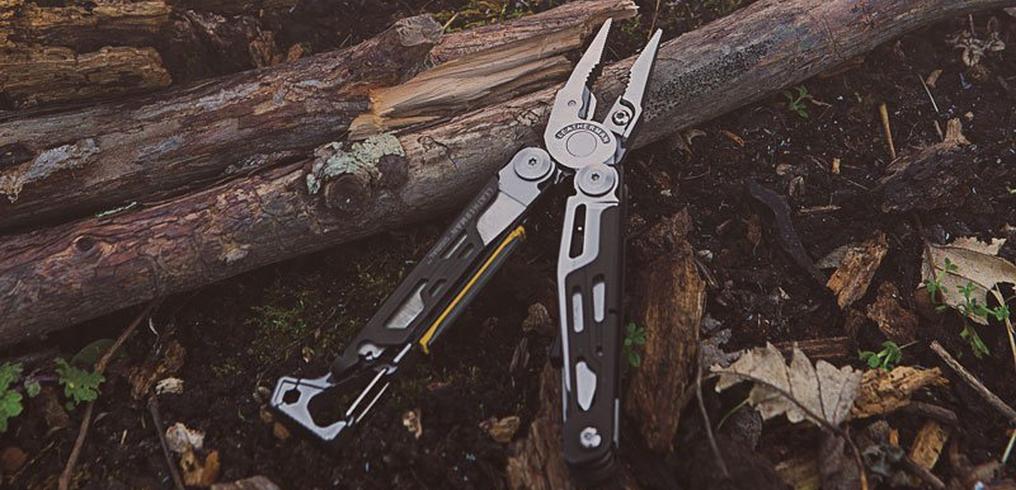How to sharpen a multi-tool?
Multi-tools are incredibly practical tools that can be used for many tasks. From cutting, sawing and filing to tightening and measuring. The multi-tool can do it all. Many, however, often forget that you also need to sharpen a multi-tool. With so many different tools it is important to keep all of them sharp. As such you will always be ready for anything! Below you can find all the different edges a multi-tool is enhanced with plus a couple of sharpening products that can help you sharpen that specific edge.
Grain sizes
The sharpening stones listed below are available with both coarse and fine sides. The difference lies in the coarseness of the grains of the sharpening stone or steel. With a coarse sharpening stone you remove a lot of material to make sure you will quickly see the results, but do not end up with the best sharpening results. With a fine sharpening steel you are left with the best sharpening results, but you remove little material which means sharpening can take a while. Choose the grain size that will leave you with the best results! Want to learn more about grain sizes? Read more about the right grain size.
The knife
With 'the knife' we mean the standard blade on the multi-tool. We also add scissors to this category. The straight, or slightly curved edges without serrations or other frills. Almost all multi-tools are enhanced with one. Perhaps the most used one and as such also the most wear and tear resistant part of the multi-tool. Fortunately the knife is the easiest part to sharpen! The knives are relatively small. For that reason we also recommend small sharpening stones. Place the edge, usingthe right angle, on the sharpening stone and in no time your knife will be razor-sharp again.
The serrated knife
Serrated edges are not rare on multi-tools. They can be used for many tasks and retain their sharpness for a long time. Sharpening serrated edges is a little more difficult but easy enough with a little practice. You sharpen each serration individually which means sharpening could take a little longer. Another thing you need to take into account is the size of the serrations. We use a round sharpening steel to sharpen serrations. To make things even trickier some multi-tools are enhanced with a serrated knife with two different types of serrations on one knife. Take, for instance, the Gerber Center-Drive. For these types of serrated knives it is great to own a conical sharpening steel. As such you will have one sharpening steel you can use to sharpen any size of serration.
The (interchangeable) wire cutters
Wire cutters are powerful cutters that can often be found in the pliers-section of the multi-tool. Some wire cutters are sharp and some are blunt. Blunt wire cutters maintain their cutting capacity a lot longer while sharp wire cutters can become blunt a lot faster. Sharp wire cutters, however, are better at cutting through wire without crushing it than blunt wire cutters. In addition, sharp wire cutters can be sharpened and blunt ones can't. To sharpen sharp wire cutters you need a straight and narrow sharpening steel. Some Leatherman multi-tools have interchangeable wire cutters. As such you can replace the wire cutters if necessary or remove them to be sharpened.
The saw
A multi-tool is not complete without a decent saw. Branches as thick as wrists are not a problem for many multi-tools. In addition to living wood the saw can, of course, also handle pallets and shelves. While gardening and working in and around the house the saw is also indispensable. Because of the fine serrations, however, saws are difficult to sharpen. Leatherman has produced individual blades for the Leatherman Surge in order to replace the blunt saw. Saves you an hour of fidgeting and sharpening! With the right sharpening products, however, you can indeed sharpen the fine serrations of your saw. You will need small sharpening steels with fairly sharp angles.
The cutting hook
Not every multi-tool has one, but if it does have one it is important to keep it as sharp as possible. Just in case. Cutting hooks come in many shapes and sizes. There are angular cutting hooks such as the one on the Leatherman Raptor or round cutting hooks such as the one on the SOG PowerPint. You can sharpen the angular cutting hooks with a triangular sharpening steel. The round cutting hooks can, as you might have already guessed, be sharpened with a round sharpening steel.
Other maintenance
After sharpening you can also immediately maintain the rest of your multi-tool and grease it! By keeping your multi-tool nice and clean you prevent quite a lot of maintenance in the long run. A multi-tool is comprised of many parts, sometimes even dozens. If dirt or sand gets in between the hinges you know the tools won't open and close as easily anymore. If you find any dirt make sure you clean the tool as best you can. You could, for instance, use compressed air. In addition, with a skewer you can also remove a lot of dirt. Afterwards add a couple drops of maintenance oil and your multi-tool is ready for action once again!
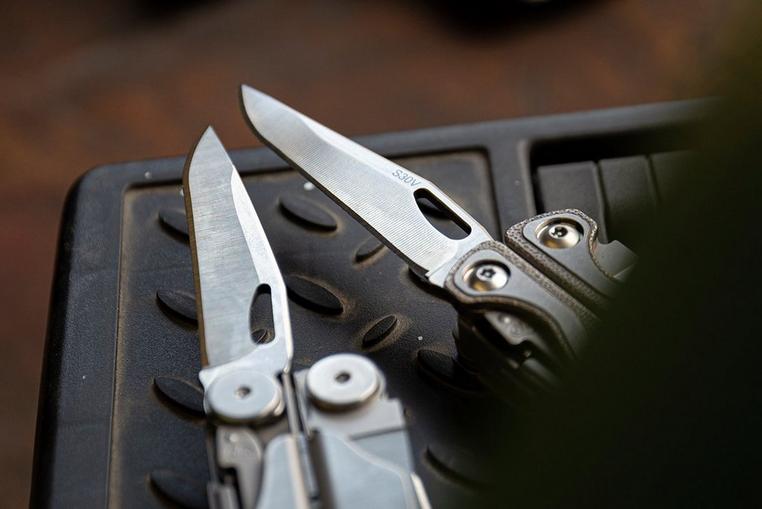
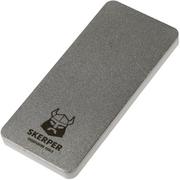





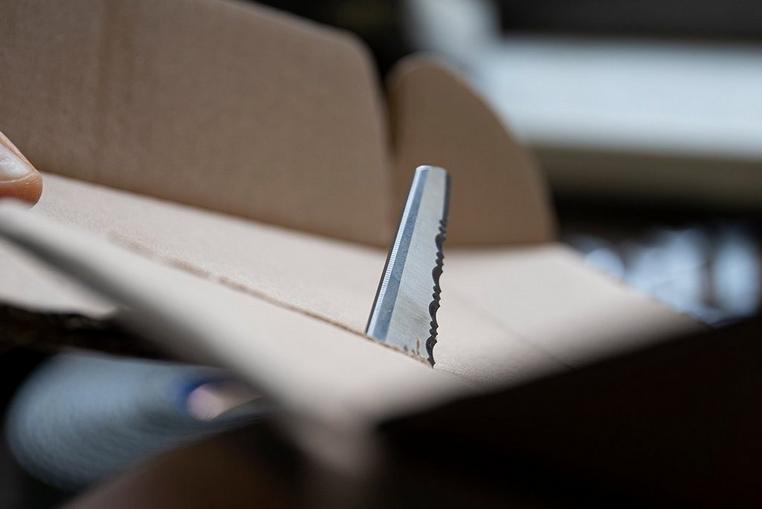





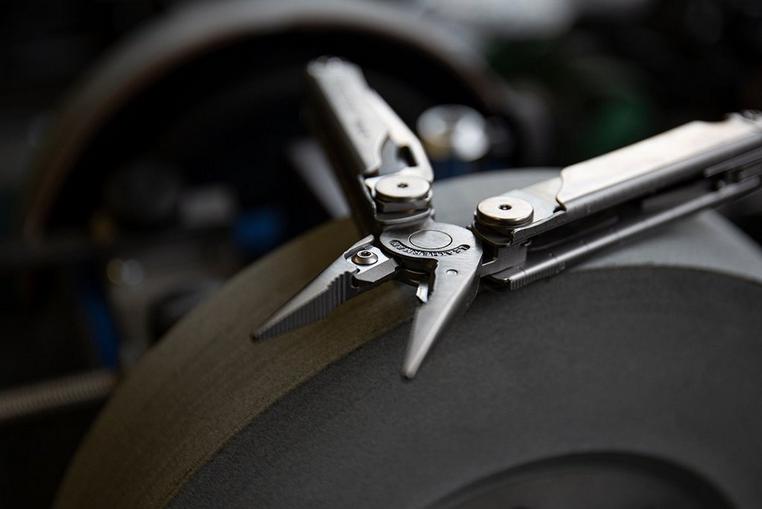




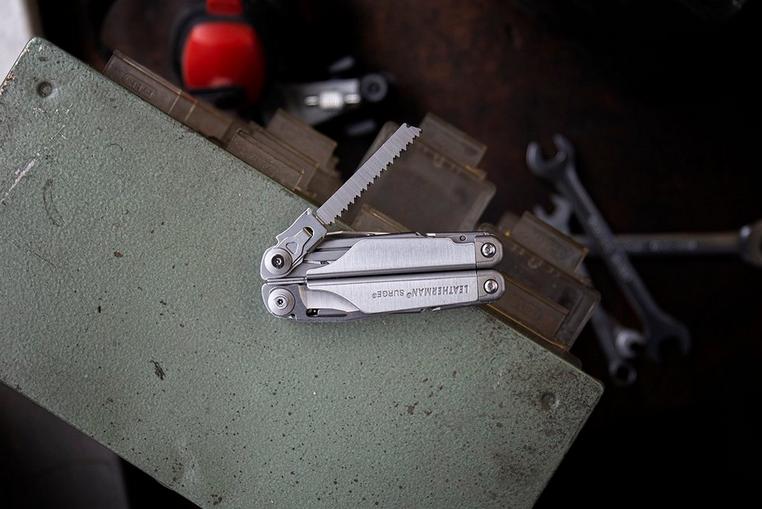

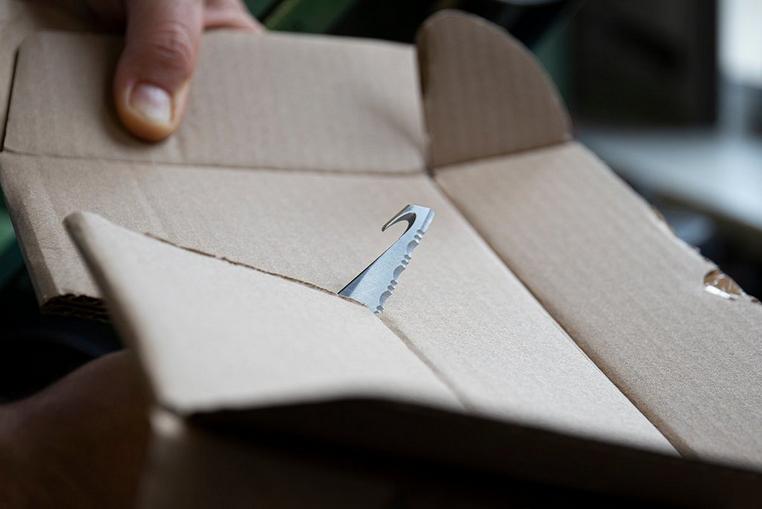





?%24center=center&%24poi=poi&%24product-image%24=&fmt=auto&h=490&poi=%7B%24this.metadata.pointOfInterest.x%7D%2C%7B%24this.metadata.pointOfInterest.y%7D%2C%7B%24this.metadata.pointOfInterest.w%7D%2C%7B%24this.metadata.pointOfInterest.h%7D&scaleFit=%7B%28%24this.metadata.pointOfInterest%29%3F%24poi%3A%24center%7D&sm=c&w=1016)
?%24center=center&%24poi=poi&%24product-image%24=&fmt=auto&h=490&poi=%7B%24this.metadata.pointOfInterest.x%7D%2C%7B%24this.metadata.pointOfInterest.y%7D%2C%7B%24this.metadata.pointOfInterest.w%7D%2C%7B%24this.metadata.pointOfInterest.h%7D&scaleFit=%7B%28%24this.metadata.pointOfInterest%29%3F%24poi%3A%24center%7D&sm=c&w=1016)
